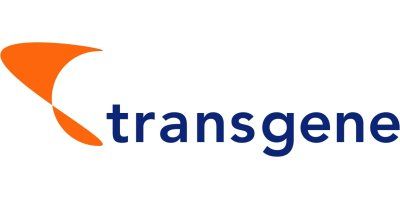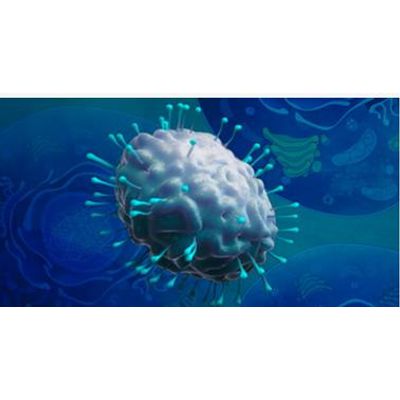


Transgene - Model TG4001 - Therapeutic Vaccines
TG4001 is an innovative therapy capable of combating papillomavirus-induced cancers. The concept behind TG4001 is to teach the immune system to recognise and destroy the cancer cells expressing HPV-16 antigens, specifically E6 and E7 antigens.
TG4001 and HPV-positive malignancies
A clinical trial with TG4001 (monotherapy) has been conducted in patients with HPV-positive cervical intraepithelial neoplasia (CIN2/3), TG4001 provided histologic clearance and demonstrated promising efficacy results, while being well tolerated.
Collaboration Agreement
Collaboration agreement with Merck KGaA, Darmstadt, Germany, and Pfizer under which Transgene sponsors a Phase II study .
Ongoing clinical trial
To date, there is no available specific treatment for HPV-positive cancers. Current treatments include surgical resection associated with radiotherapy, radiochemotherapy, and / or immune checkpoint inhibitors (ICIs). However, better treatment options are needed, especially for the advanced and metastatic stages of HPV-associated cancers.
The combination of immunotherapy with ICIs could become a promising therapeutic option in response to this important medical need.
- The combination of TG4001 and avelumab demonstrated a clinically relevant anti-tumor activity (23.5% objective response rate) in patients with previously treated recurrent and/or metastatic HPV-related cancers.
- Presence of liver metastases has a notable impact on outcome in terms of ORR and PFS. 34.8% of the patients without liver metastases responded to the treatment and a median progression-free of 5.6 months was achieved.
- HPV-specific T-cell responses were induced. They were associated with increased levels of immune cell infiltration in the tumors.
- TG4001 can be safely combined with an immune checkpoint inhibitor.
- Combination therapy results in changes in tumor microenvironment shifting immune status from “cold” to “hot”.
- Patient follow-up is still ongoing.
- Transgene is continuing the clinical development of TG4001 in a controlled randomized Phase II study.
